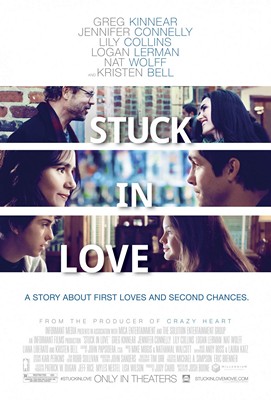An unwavering advocate for gender equality. A judicial powerhouse. A pop culture icon at 85. Supreme Court Justice Ruth Bader Ginsberg has become an inspiration to women everywhere and has opened doors for men and women alike that we might not even realize would still be closed without her.
Before Ruth was dubbed the Notorious R.B.G., it was a long road until she would become the second woman in the Supreme Court. Ruth was a college student studying government and law in the ’50s – a time when women were not expected to pursue actual careers, let alone expected to work towards a college degree.
When talking to the American Civil Liberties Union, where she founded the Women’s Rights Project, Ruth commented on what it was like to grow up a scholar in a time where women were pushed to be anything but a scholar.
Ginsberg said, “My mother told me two things constantly. One was to be a lady, and the other was to be independent. The study of law was unusual for women of my generation. For most girls growing up in the ’40s, the most important degree was not your B.A., but your M.R.S.”
After earning high honors and a degree from Cornell, Ruth then moved on to serve on both Harvard and Columbia law reviews – an unimaginable achievement for any student, let alone for a mother of two during that time. As Ginsberg began her career, it was the injustices she faced that would prove to fuel her passion and determination for the law. She went on to become one of the biggest forces in some of the most iconic civil rights cases in recent United States history – taking on everything from gender to LGBTQ+ equality.
A whole 20 years before she would be appointed to be justice, Ruth argued before the Supreme Court in her first gender discrimination case – the case of Sharron Frontiero, an air-force lieutenant. In this case, Frontiero challenged a rule that gave only the spouses of male airmen automatic housing benefits. Ruth spoke for 11 minutes straight without a single interruption, captivating the bench of nine men, and won Sharron Frontiero an 8-1 decision from the court.
As a Supreme Court justice, her determination to fighting inequality of all shapes and sizes only grew. In 1996, she provided the majority opinion in the ruling that the Virginia Military Institute’s policy of male-only admission was unconstitutional, allowing women to enroll at the prestigious institution. In 1999, Ruth delivered the majority opinion in the monumental civil rights case for those with disabilities – ruling that under the Americans with Disabilities Act, people with disabilities had the right to receive state-funded support within their communities and not only segregated environments.
As a supporter of the LGBTQ+ community, Ruth voted in favor of the 5-4 ruling granting same-sex couples the right to get married in all 50 states in 2015.
In regards to this monumental case for the LGBTQ+ community, Ruth stated during the hearing, “Marriage today is not what it was under the common law tradition, under the civil law tradition. Would that be a choice that state should [still] be allowed to have? To cling to marriage the way it once was?”
In 2016, the Supreme Court made a decision in the Hobby Lobby case, that ruled businesses have the right to their own religious beliefs which could then be used to ignore general federal laws – in this specific case, the Court allowed Hobby Lobby to deny a female employee coverage of birth-control in health insurance based on their religious beliefs. Ruth came back at this majority decision with one of her most famous dissents that sparked wild public support on social media. This 35-page document calls out the error of the ruling, acknowledging that employers will not always share the same beliefs as their employees and that these employers should not be given the right to deny employees their right to basic heath care and well-being because of it.
At the end of the day, while Ruth will always be an advocate for complete equality, she will never be one to underestimate the power of women.
At the 10th Circuit Bench & Bar Conference at the University of Colorado in Boulder, Ruth famously stated, “When I’m sometimes asked when will there be enough [women on the Supreme Court] and I say, ‘When there are nine,’ people are shocked. But there’d been nine men, and nobody’s ever raised a question about that.”
The truth is that Ruth Bader Ginsburg has always been an inspiration – even back before she took her well-deserved seat in the highest of U.S. courts. She has taught us, from the very beginning, to remain strong when the rest of the world is trying to hold us back. She taught us to overcome the adversity we might face with dignity and grace, to stay true to what we believe in, to never give up on whatever it may be and to fight for what’s right.
Be sure to watch Ruth’s latest documentary RBG now streaming on Hulu!





